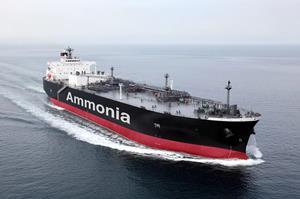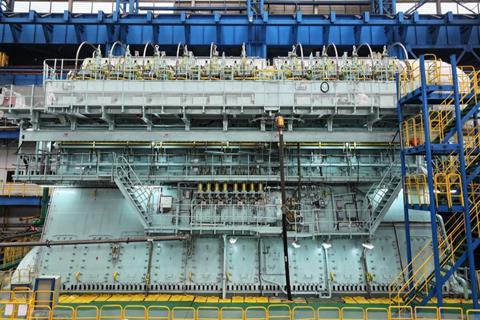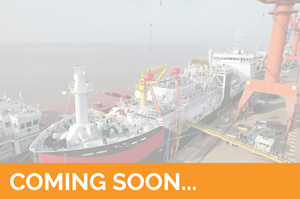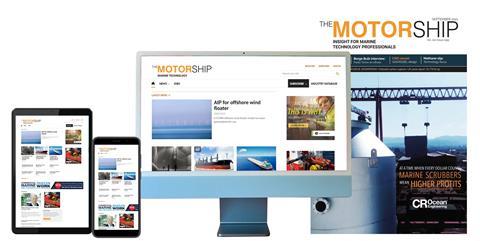- News
- Subscribe

Get full access to The Motorship content
Including the digital magazine, full news archive, podcasts, webinars and articles on innovations and current trends in the shipping industry.
- Expert analysis and comment
- Unlimited access to in-depth articles and premium content
- Full access to all our online archive
Alternatively REGISTER for website access and sign up for email alerts
- Special Reports
Ammmonia
Methanol
BioFuel & Clean Diesel
Nuclear
LNG





Using an abundant, if toxic, resource to power the maritime fleet. A mature future fuel already in use - but will it become dominant? Numerous NGOs protested against the IMO earlier this year putting biofuels in its Global Fuel Standard, but the “fuel versus food” debate seems to have been solved by deriving fuels from waste. Technically the cleanest possible fuel source available to the maritime world and one that has the longest history, dating back to the 1950s. Why is it not in common, non-military use? LNG is currently the most popular lower carbon fuel, but with bio and e-LNG it could move beyond its current transition fuel status supported by extensive existing infrastructure. Read More Read More Read More Read More Read More
- Industry Database
- Events

Propulsion & Future Fuels Conference 2025
The Motorship’s Propulsion & Future Fuels is the leading international conference on powering shipping’s emissions-cutting ambitions.
The 2025 Conference will take place from 25th - 27th November in Hamburg, Germany and will offer a meeting place to learn, discuss and knowledge-share the latest developments in efficient power and propulsion technology plus alternative low flashpoint and low carbon fuels.
Click here for more information
Close menu
- Home
- News
- Subscribe
- Special Reports
- Industry Database
- Events
Tightening safety
2003-11-01T00:00:00
Initiatives to
Continue this article…
Already subscribed? SIGN IN now

Register for a FREE one-month trial to continue this article
Want to read more before deciding on a subscription? It only takes a minute to sign up for a free account and you’ll get to enjoy:
- Weekly newsletters providing valuable news and information on the shipping sector
- Full access to our news archive
- Live and archived webinars, podcasts and videos
- Articles on innovations and current trends in the shipping industry
- Our extensive archive of data, research and intelligence
Get more free content sign up today
Ready to subscribe? Choose from one of our subscription packages for unlimited access!


